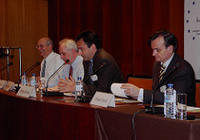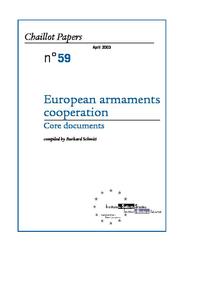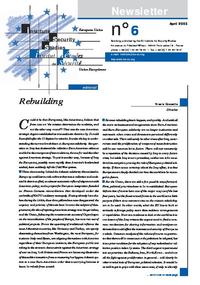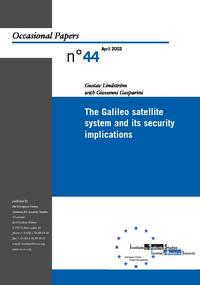With the entry into force of the Lisbon Treaty in 2009 and its subsequent implementation, the European Union has gradually assembled the constituent elements of a sui generis 'foreign policy', bringing together various competencies, instruments and resources that were hitherto spread across different institutions and bodies. Although the process is still on-going and progress is, in parts, uneven, certain traits of a more coherent common approach to foreign policy-making are now evident. In the Balkans, the Horn of Africa (both offshore and onshore), the Sahel, or the Middle East, joint and combined forms of external action - including diplomacy, enlargement, CSDP and development activities - are now producing more effective and lasting results.
Analysing the specific actors, instruments, policies, and strategies at the disposal of the Union and assessing their scope and outreach is also a way to illustrate what the EU does in the world - something which is not always known or appreciated by those who directly benefit from its external action, or indeed by European citizens at large. Monitoring performance, in turn, also contributes to improving it, in a constructive manner and on the basis of factual evidence.



